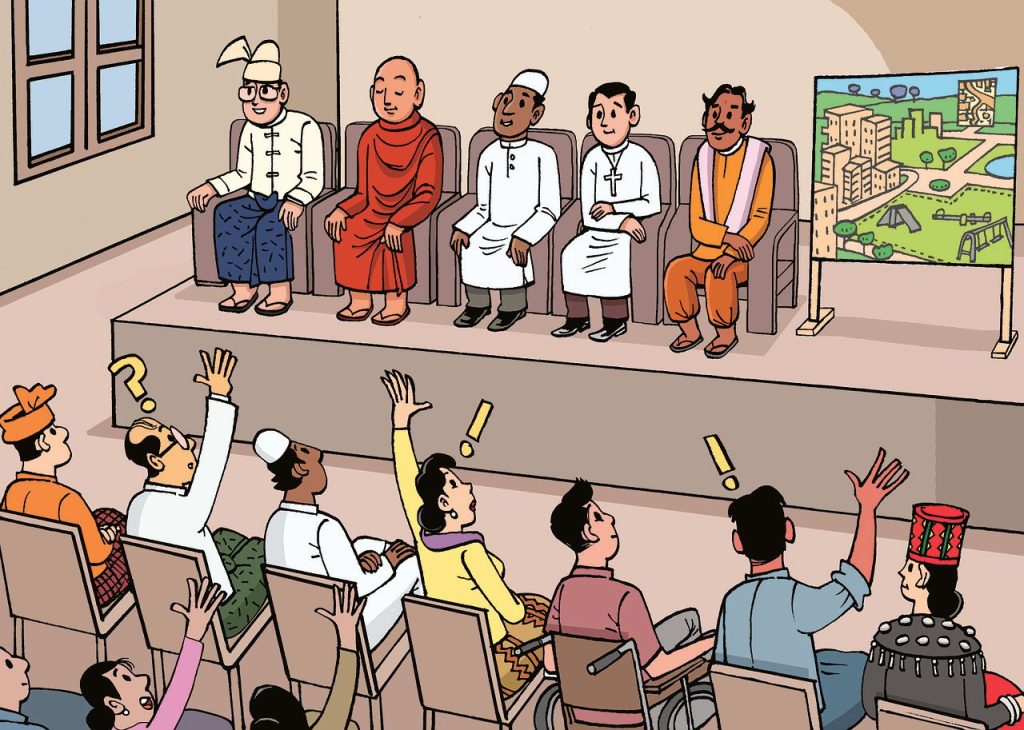The Importance of International Day for Tolerance
The International Day for Tolerance, observed every year on November 16, is an occasion designated by the United Nations to promote understanding, acceptance, and harmony among people of diverse backgrounds, cultures, and beliefs. In an increasingly globalized world, the importance of tolerance cannot be overstated, as it serves as the foundation for peaceful coexistence, mutual respect, and unity within societies and across nations.
The origins of this day trace back to UNESCO’s 1995 Declaration of Principles on Tolerance, which calls for a bigger commitment to understanding and respecting others, regardless of their differences. It recognizes that intolerance—often manifested as discrimination, racism, and xenophobia—breeds division and conflicts, while tolerance helps building societies where all individuals feel valued and secure. By commemorating the International Day for Tolerance, the United Nations highlights the urgent need to address these issues globally, promoting tolerance as an essential human right and necessary for society.

At the heart of this observance is the recognition that diversity, rather than being a cause for separation, is a source of strength and bonding. When societies embrace diverse perspectives and identities, they foster creativity, resilience, and innovation. Tolerance helps people talk and work together, which is important for solving big global problems like poverty, inequality, and environmental damage. In workplaces, schools, and communities, practicing tolerance allows individuals to collaborate effectively, creating environments where everyone can contribute to shared goals without fear of prejudice or exclusion.
This Day also serves as a call to action for individuals, educators, governments, and organizations. It urges them to address the root causes of intolerance, such as misinformation, ignorance, and fear. Initiatives like anti-bullying programs, intercultural exchanges (like we do with Amazonas), interfaith dialogues, and diversity training are instrumental in building empathy and reducing stereotypes. Through education, societies can develop an understanding of the values of tolerance from a young age, equipping future generations to build a more inclusive world.

In conclusion I can say that the International Day for Tolerance is a crucial reminder of our shared responsibility to foster understanding and acceptance in a world that continues to grow in complexity and diversity. It calls upon each person to play a role in creating communities grounded in respect, compassion, and unity. As we celebrate this day, we are reminded that tolerance is not merely a passive acceptance of differences but an active commitment to building a world in which everyone can live with dignity and equal opportunity. We are on a good track but there is still too much intolerance in the World, so stay tolerant and respectful to all people!
Članak je napisao Timo, međunarodni volonter na ESS projektu (sufinancira EU), a u okviru programa „Tribo moderna – capoeira za toleranciju i nenasilje“ koji se provodi uz podršku Ministarstva rada, mirovinskog sustava, obitelji i socijalne politike i Ministarstva zdravstva. Sadržaj članka u isključivoj je odgovornosti Udruge Amazonas i ni pod kojim uvjetima se ne može smatrati kao odraz stajališta Ministarstva rada, mirovinskog sustava, obitelji i socijalne politike i Ministarstva zdravstva.




